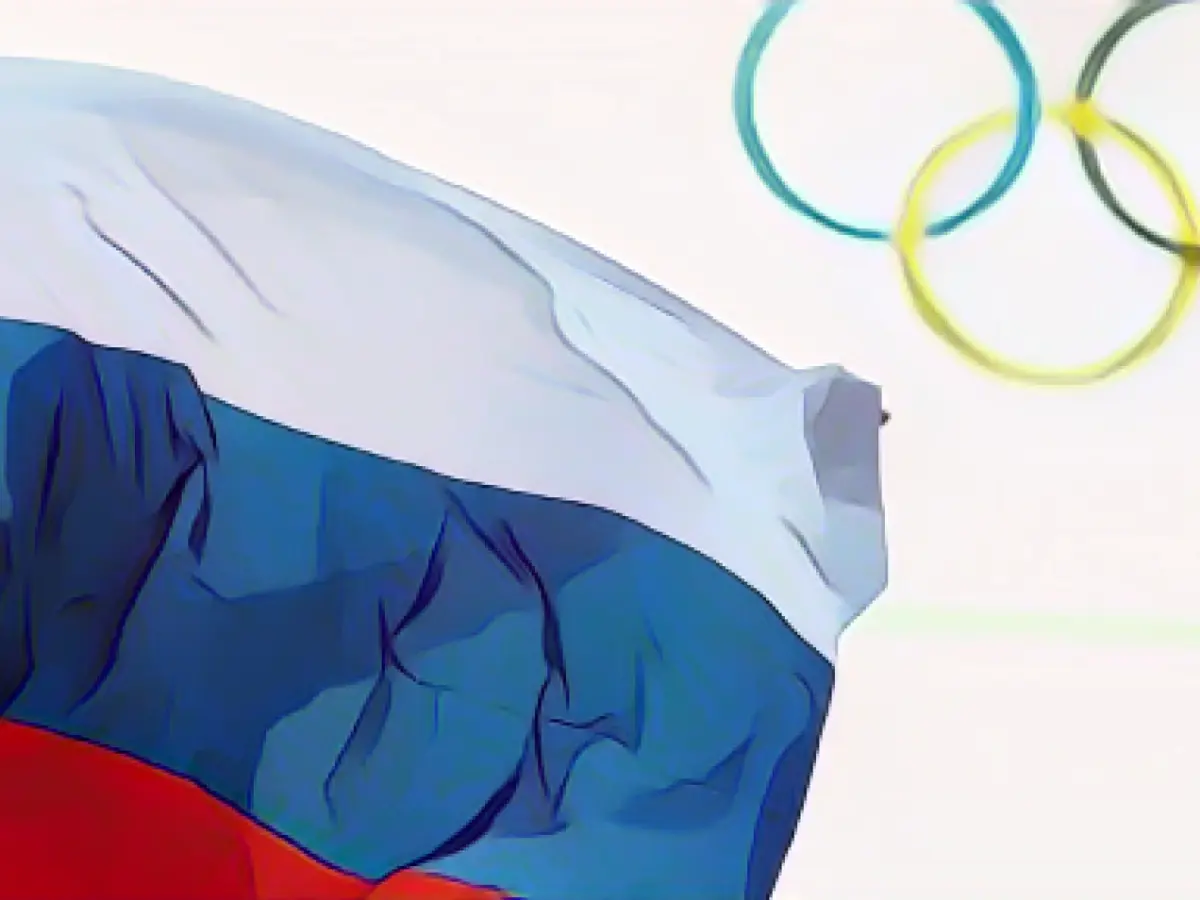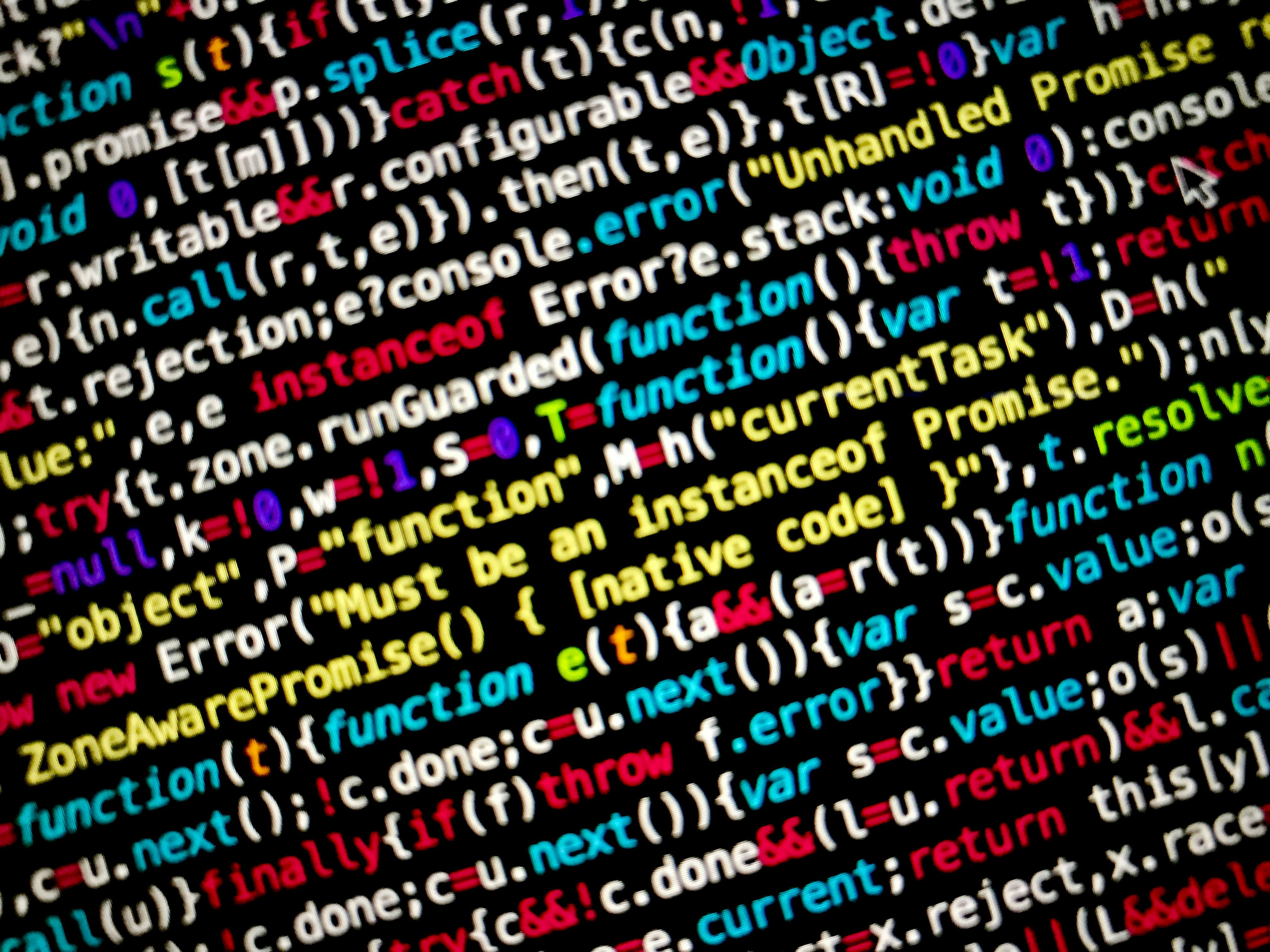International sports organizations are urging the IOC to permit Russian athletes to participate in the Paris Summer Games, despite qualifying under a neutral flag. The international summer sports federations and continental federations of National Olympic Committees argue that these athletes should be allowed to compete, requesting a swift decision from the IOC.
The IOC leadership, led by President Thomas Bach, stated that Russian and Belarusian athletes could only join the games in Paris as individual athletes under a neutral flag, disconnected from the military or security services. Teams would not be permitted.
Belarus, too, was initially excluded from international sports competitions due to its support of Russia in Ukraine's conflict, but the IOC later opened the door for its athletes to rejoin, setting guidelines for participation in competitions, including the Paris Games.
Following in the IOC's footsteps, various world federations have allowed Russians and Belarusians to compete again, intending to help them meet the qualification criteria for the Summer Games. In September, the International Paralympic Committee also lifted its ban on Russia, allowing disabled athletes to participate in the Paris Paralympics under a neutral flag.
The new conditions for Russian and Belarusian athletes to compete include not actively supporting the war on Ukraine, no ties to the military, exclusion from team events, and confirmation from both international federations and the IOC's panel. Currently, only a select few athletes from both countries have been approved to join the games as neutral participants.
Reactions to the IOC's decision have been divided, with Russian sports minister Oleg Matytsin labeling the conditions as "discriminatory," while Ukraine's acting sports minister, Matviy Bidnyi, expresses concern about the message this move sends regarding the fairness and justice at the Olympics. The IOC, however, maintains that these conditions are necessary to uphold the principles of sport and fairness.








